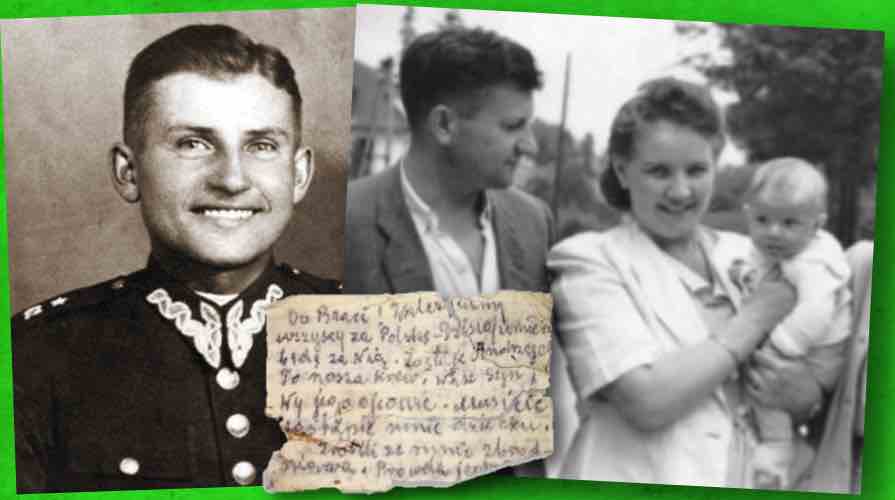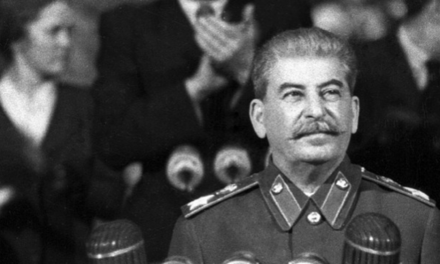An audio book has been made from the prison letters of Colonel Lukasz Cieplisnki, a symbol of the Polish struggle for independence. The presentation of his work, I Die for God and Homeland, born from what he wrote to his wife and son, will take place on March 1 at the Polish Institute in Budapest.
Since 2011, the National Day of Remembrance of the Cursed Soldiers has been celebrated in Poland on March 1. On this day in 1951, Colonel Lukasz Cieplinski, one of the greatest figures in 20th-century Polish history and the Polish struggle for independence, was executed together with his comrades, according to the statement sent to MTI.
Cieplinski's letters written in the Mokotów prison in Warsaw became a spiritual symbol of the farewell of the generation involved in the independence conspiracy. The Polish patriots killed after the war died in the belief that their sacrifice would one day bring a free Poland.
The Polish Institute in Budapest published the prison letters translated into Hungarian in the form of an audio book.
Historian Elzbieta Jakimek-Zapart, an employee of the Institute of National Remembrance, Cieplinski's biographer, Ádám Dergán, deputy director general of the National Remembrance Committee, and performer Zoltán Fábián, who wrote the piece's music, will participate in the presentation. Participation is subject to registration ( [email protected] ).
Lukasz Cieplinski was born in 1913 in Kwilcz, Greater Poland, and began his military service in 1936. After Germany invaded Poland on September 1, 1939, he participated in the defensive war, during which he was awarded the highest Polish war decoration, the Virtuti Militari Order.
He fought in the defense of Warsaw, and after the capitulation he joined the underground resistance. In mid-December 1941, together with a group of officers, he crossed the so-called "green border" into Hungary and was sent to the Military Intelligence and Liaison Base in Budapest, operating under the cover name Romek, where he took part in conspiracy training. He was considered among the outstanding commanders of the younger generation, and he also took a role in the work of anti-communist independence organizations.
He was arrested in November 1947 and subjected to cruel physical and mental torture under the supervision of the Ministry of State Security. He was sentenced to death together with six of his companions, and then executed on March 1, 1951. In 2007, he received the highest Polish state award, the Order of the White Eagle, posthumously.
Source: MTI
Featured image: Wikipedia/IPN












